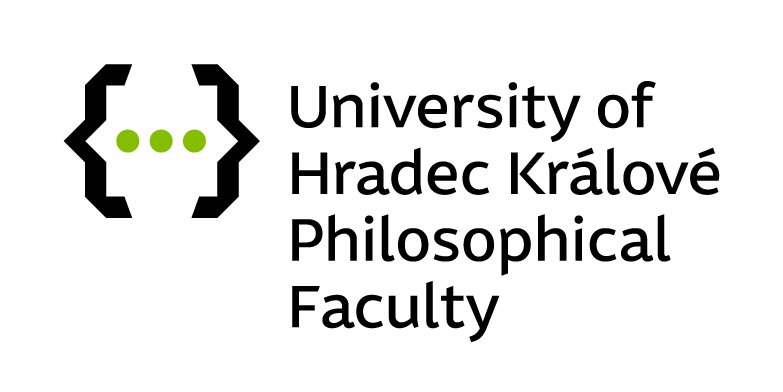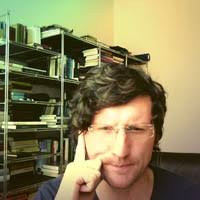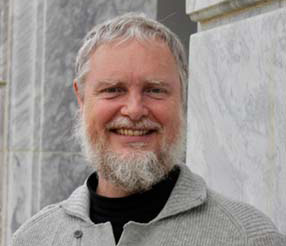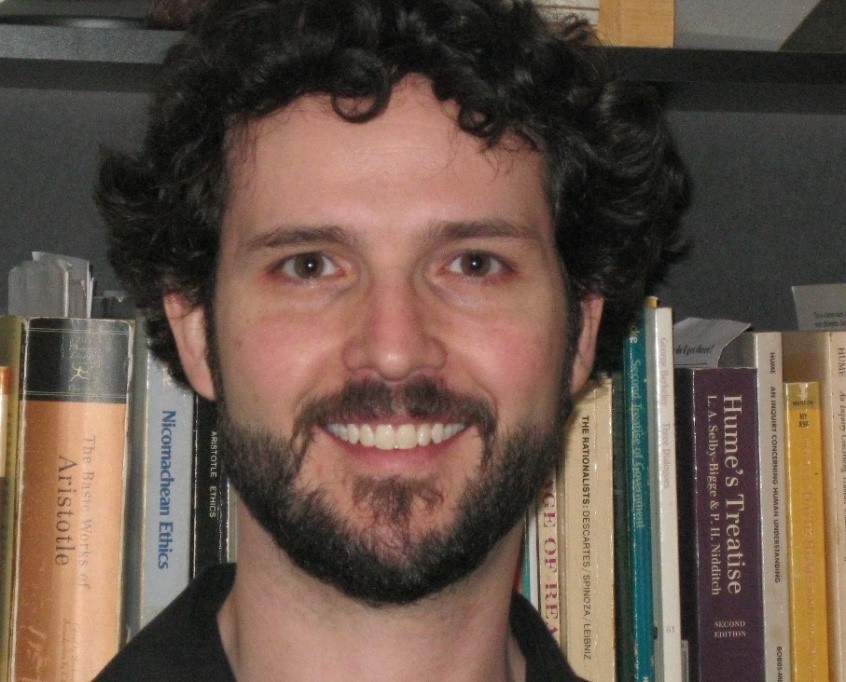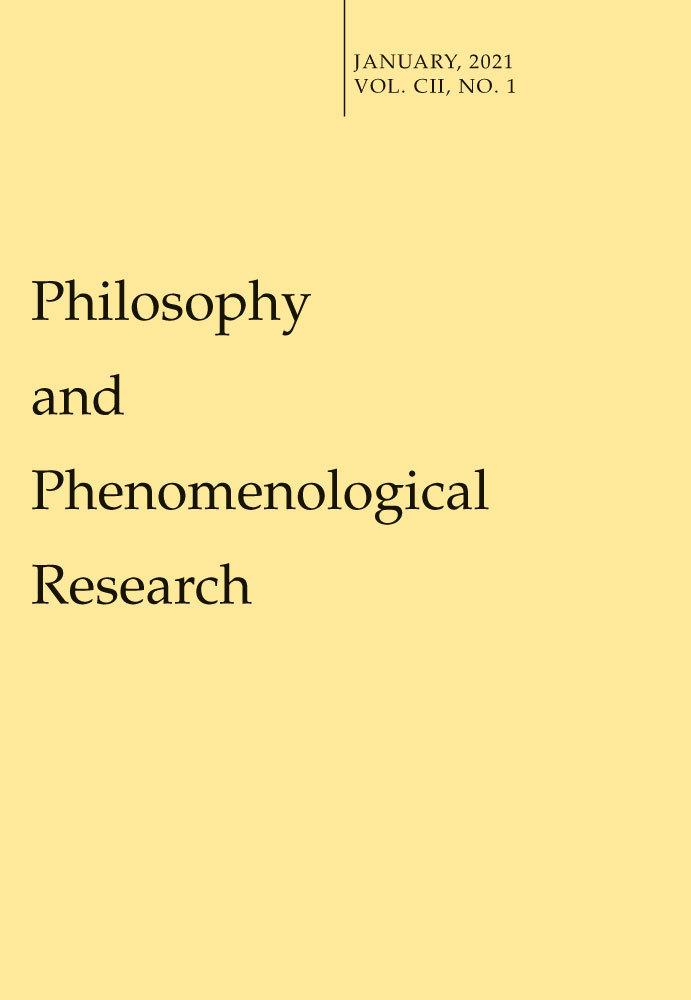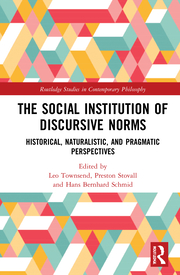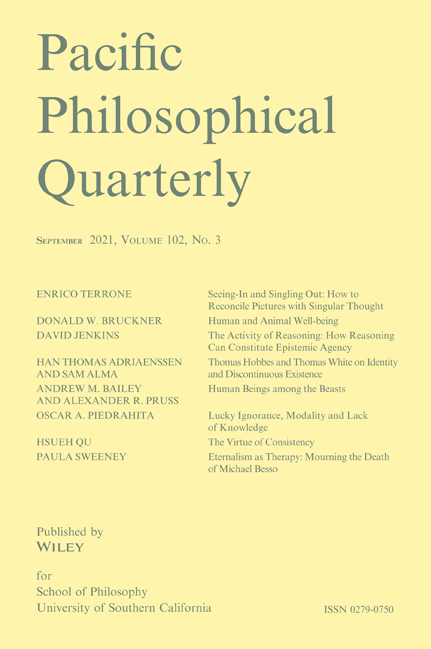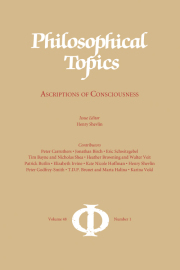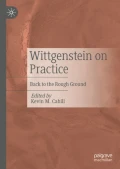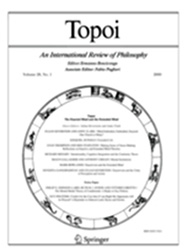People
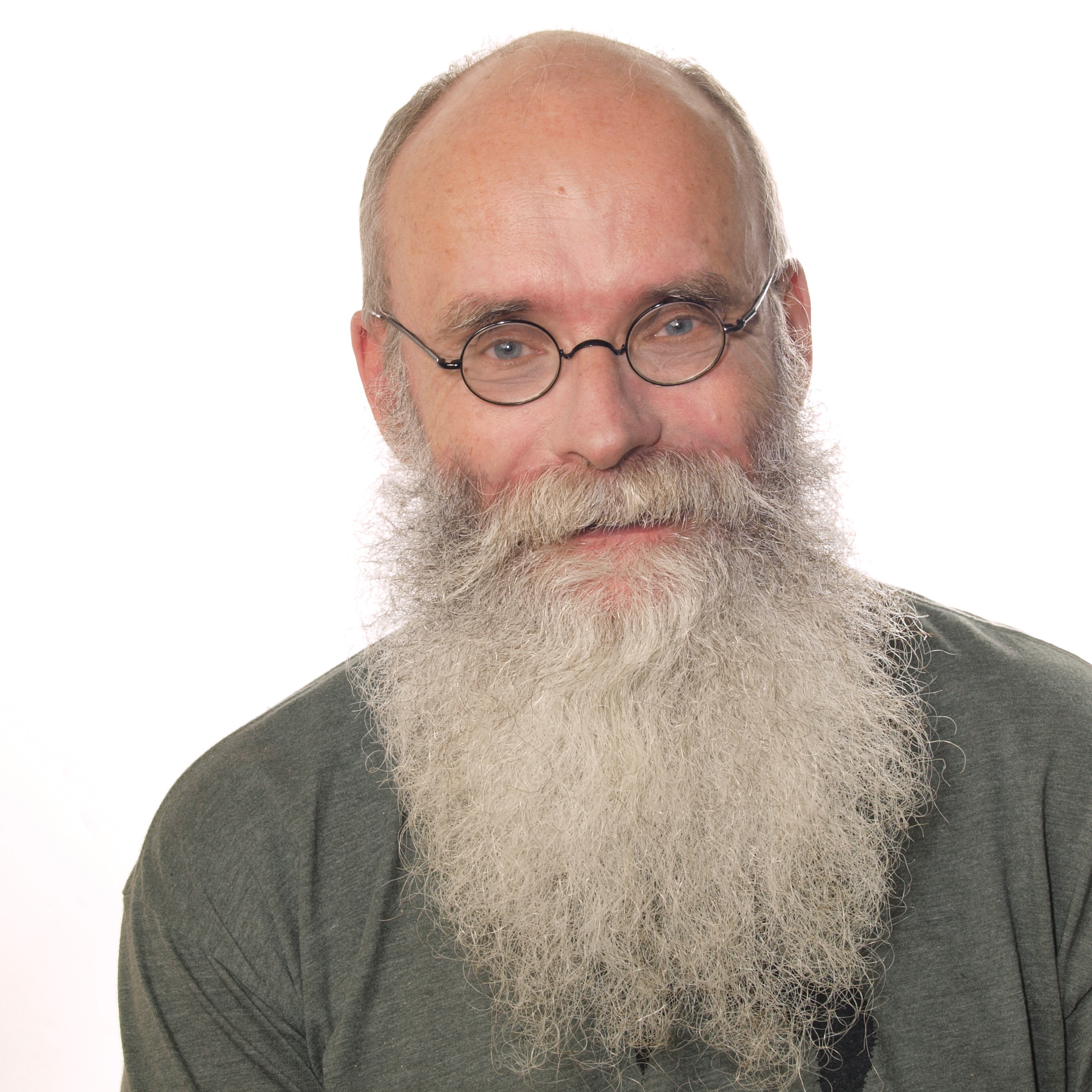
Jaroslav Peregrin
principal investigatorProject
Inferentialism naturalized: norms, meanings and reasons in the natural world
The philosophical foundations of inferentialism were presented in Robert Brandom's book Making It Explicit (1994), where he developed a new theory of linguistic meaning in terms of rule-governed social practices. Since then, it has been adopted and developed by a large number of authors and also has attracted various criticisms, while Brandom himself has provided further elaborations. Thus it has grown into one of the most discussed philosophical doctrines of the twenty-first century to date.
We are concerned that inferentialism is usually conceived of as a purely philosophical doctrine that provides a new perspective on uniquely human rational and expressive capacities, but which does not intersect with what science tells us about us as creatures with a natural, cultural and developmental history.
We find this a missed opportunity and our intended project of naturalizing inferentialism proposes to bridge this yawning gap. It is based on the idea that inferentialism can be mined as a rich resource of ideas that can be reconstructed in direction to a philosophical naturalism, according to which philosophy should be continuous with science. The theoretical innovations of inferentialism might in turn fertilize current scientific research. More specifically, we aim to naturalize inferentialism by reconstructing, rethinking and quite possibly revising its account of the nature of rules, reasoning, and meaning from the two main perspectives on man as a natural being: namely phylogenesis and ontogenesis.
The methods of philosophical analysis and modeling to be used to this end will be both inspired and disciplined by the current theoretical frameworks, models and hypotheses of various evolutionary sciences, psychology (developmental, cognitive, experimental) or anthropology In this way, we aim to break new philosophical ground.
Two main ingredients that shape Brandom's inferentialism are the convictions, that firstly, meaning is the role of the expression within our "language games" and, secondly, that these "language games" are essentially rule-governed. The first of these ingredients is nowadays called the use-theory of meaning and it is often associated with the inventor of the term "language game", the later Wittgenstein. But of course, this view of meaning has also suited other philosophical approaches, such as the pragmatists' and the later neopragmatists' like Quine or Rorty as well as, in some aspects, exponents of the school of ordinary language philosophy. What is distinctive about Brandom is the peculiar normative twist he adds to the use-theory: meaning is not just a pattern of employment, meaning worth the name is the role of the expression conferred on it by the rules which govern it.
Brandom s normative use theory was a development from two precedents. There is the "rule-following discussion" concentrating on the views of Wittgenstein (for whom rules do play an important role in our "language games"). And Brandom s philosophical mentor Wilfred Sellars also emphasized the essential role of rules for our linguistic activities. Brandom's main contribution is his development of Sellars' idea that the rules governing our linguistic practices and specifically those that constitute meanings must include broadly conceived inferential norms. Such rules determine which linguistic items it is correct or appropriate to publicly display (assert) in the context of previous performances of the same kind and/or in response to environing stimuli, as well as which non-verbal actions are appropriate as responses to such performances
Here Brandom's view diverges significantly from mainstream philosophy of language in seeing language not as a matter of individual cognition, but rather as a kind of social institution. Specifically, it contrasts with the prevailing representationalism, predicated on the idea that what grounds our ability to develop language is our ability to produce and manipulate inner representations of the world. For Brandom, by contrast, what distinguishes us is not primarily our proficiency at representing our environment but our proficiency at skillfully interacting with it and, in particular, at building an unprecedented kind of sociality erected atop of rules and norms, which then determines also our way of skillful copying with the environment. This does not contradict the assumption that linguistic abilities build on more elemental perceptual and cognitive skills. But once in place, language affords a brand new medium of conceptual thinking not available antecedently and independently. Brandom thus puts forward a transformative view of human cognition and rationality.
Naturalism is a philosophical position maintaining, as Quine put it, that "knowledge, mind, and meaning are part of the same world that they have to do with, and that they are to be studied in the same empirical spirit that animates natural science." Therefore, the traditional subject matters of philosophy (such as "knowledge, mind, and meaning") are to be studied with methods that are in principle not different from those of the sciences. This brings about a picture of philosophy continuous with science and differing from it perhaps only in the amount of speculation it allows itself.
This view of philosophy appears to be very different from that offered by Brandom and some of his fellow inferentialists, for whom the goals of science and philosophy are quite divergent. What underlies our intended project is the conviction that inferentialism can be stripped of this kind of anti-naturalism without loss. Naturalized inferentialism gains an empirical tractability that allows it to incorporate scientific insights and to contribute more deeply to our self-understanding.
Let us stress that we do not conceive of naturalism as implying a rampant reductionism ("everything is atoms in the void"). Rather, our naturalistic approach is premised on the idea that social (including linguistic) normativity is a phenomenon reflecting the natural condition of social animals dependent on coordination, cooperation and communication, with a particular biological, cultural and developmental history. There is every reason to expect that substantial light can be shed on this phenomenon from the empirical perspective of sciences. This relaxed naturalism aims to be continuous with any pertinent empirical research (across borders).
Furthermore, we do not think that only natural sciences are qualified to tell us relevant things about our human world. On the contrary, our project is based on the conviction that even philosophy (such as Brandom's inferentialism) that does not aim at interacting with science has the potential to provide vital leads to more naturalistic projects such as ours.
In our view, a representative example is the claim that humans are basically "creatures not of habits, but of rules" (Sellars). This idea, crucial for the philosophical systems of Sellars and Brandom, was proposed by them in a speculative vein; but recently its main tenets have started to be surprisingly vindicated by the findings of empirical sciences. It has started to be evidenced that a feature that plays a crucial role in human development, both phylogenetic and ontogenetic, is the ability and proclivity to assume ever more complex "normative attitudes", classifying matters as "right" or "wrong" from various viewpoints. This remarkable convergence between the speculative tenets of inferentialism and the results of empirical research shows the way for a further exploitation of inferentialistic ideas within the realm of science.
Papers
Books

L. Koreň & P. Stovall, eds.: Reasons for Logic, Logic for Reasons: Pragmatics, Semantics, and Conceptual Roles
